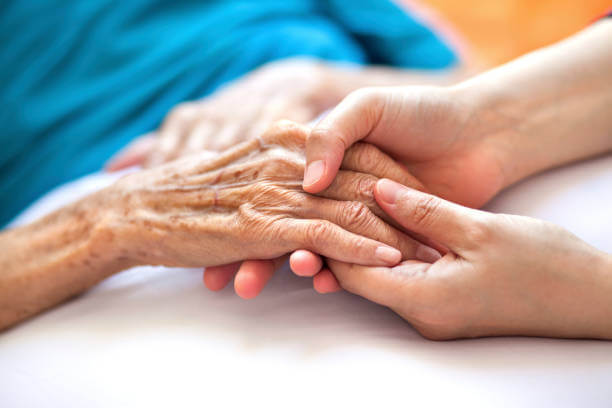Memory loss actually may be first noticed by the person with the condition – meaning the person who is losing their memory realizes they are forgetting things and that something has changed even before anyone else does. But as this is a confusing process, most people find it difficult to identify exactly what is happening. This is why it usually is not until memory loss has escalated that it truly is identified. Many seniors have needed senior caregivers for ten or more years as their memory loss has progressed.
The Alzheimer’s Association conference in Boston this week presented studies which show that some types of cognitive concerns were more likely to have Alzheimer’s pathology in the brain although dementia would only fully develop later. People with more concerns about memory and organizing ability were more likely to have amyloid, a key Alzheimer’s-related protein, in their brains.
As millions of dollars are poured into Alzheimer’s research, in order to prepare for caring for what will become 5 million seniors with the disease, it still is not known exactly how the amyloid protein escalates in some individuals and causes the “tangles” that seem to be present when Alzheimer’s disease is present.
Dr. Rebecca Amariglio, a neuropsychologist at Brigham and Women’s Hospital in Boston, presented the research which shows there are people who have their own sense that their memory and thinking skills are slipping. This is being called the “subjective cognitive decline”.
Mayo Clinic’s Alzheimer’s center presented a similar preliminary study result. However, the problem remains that even early testing for amyloid in the brain does not necessarily help as we still do not know exactly who will have this condition escalate into Alzheimer’s disease and why.
Perhaps as technology advances, all the research along with the caregiving for seniors with memory loss can collide to help move us closer to identifying a cure for this disease. The federal government’s National Alzheimer’s Project is a step in this direction.







